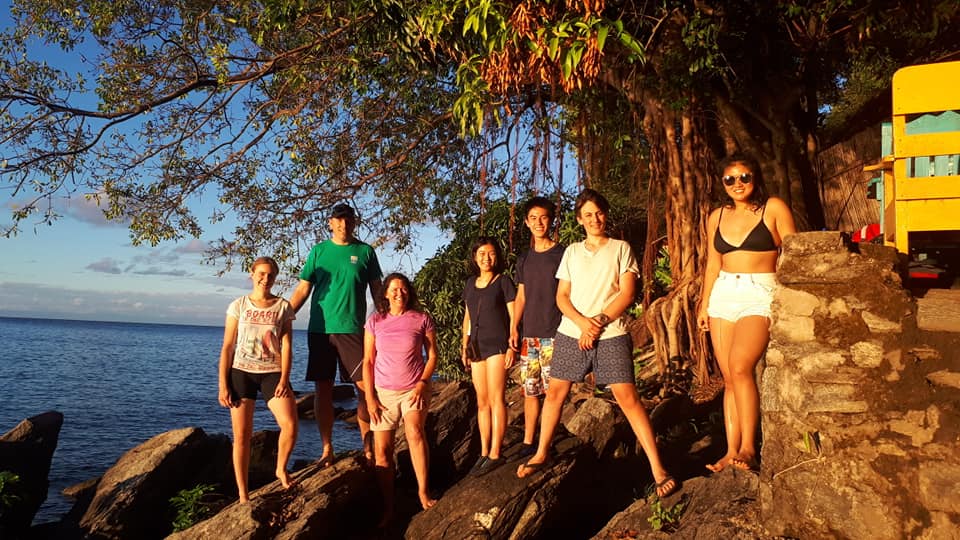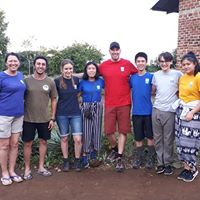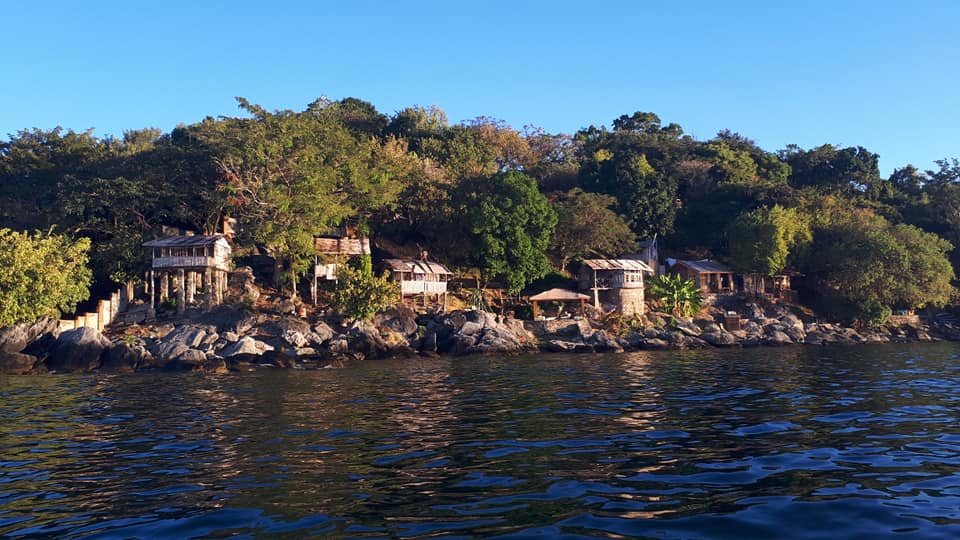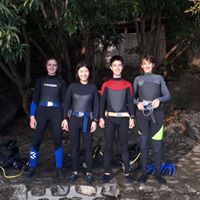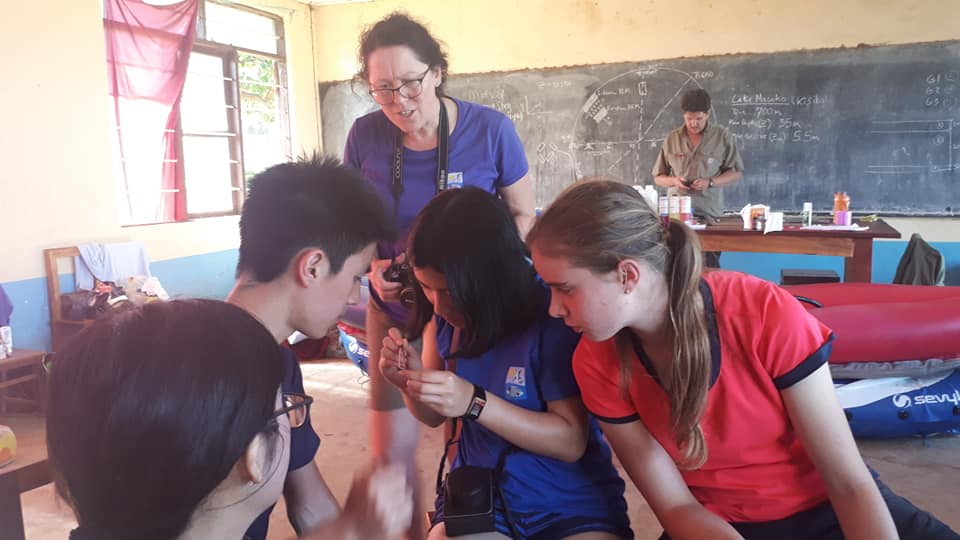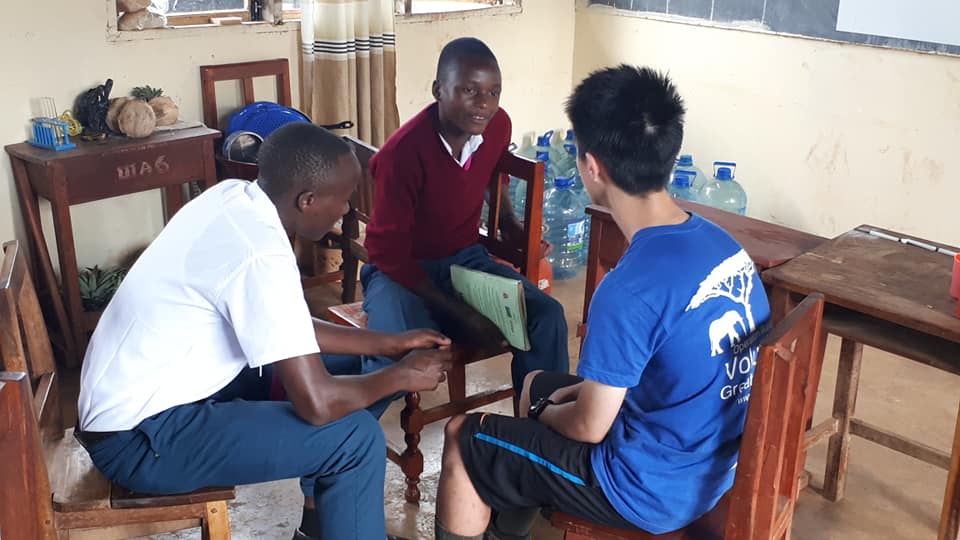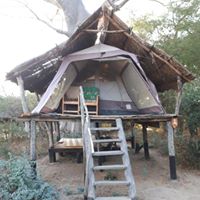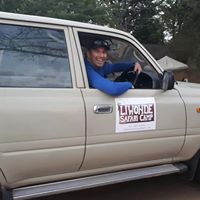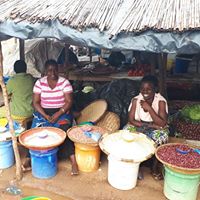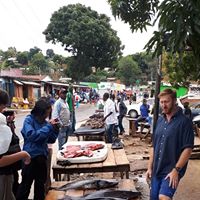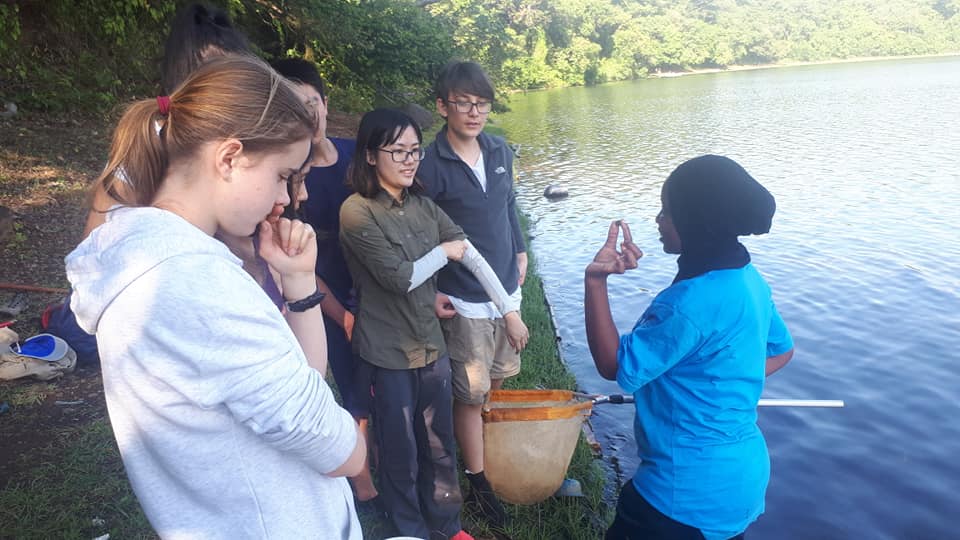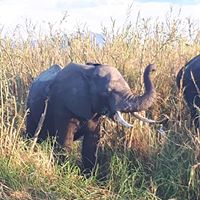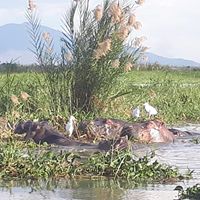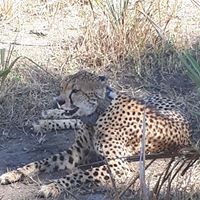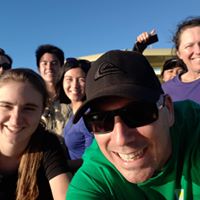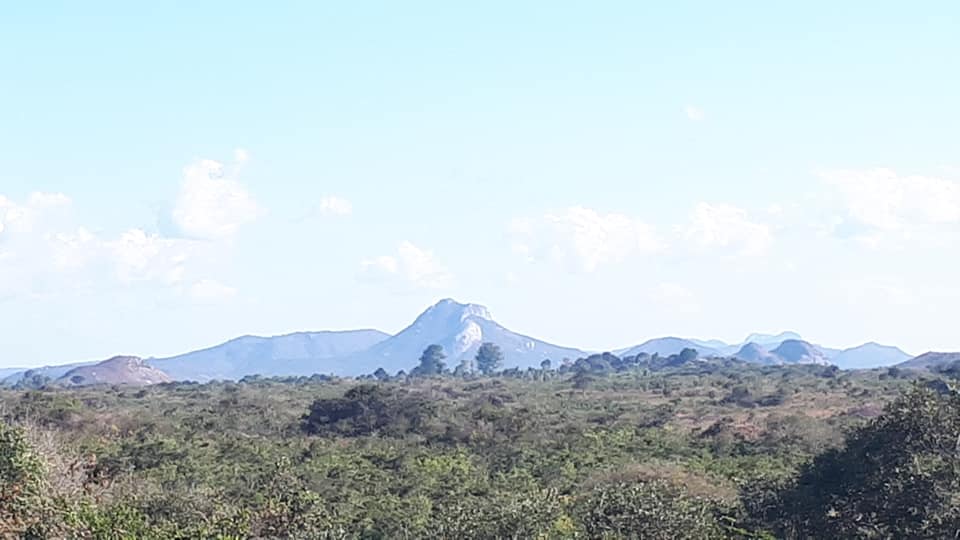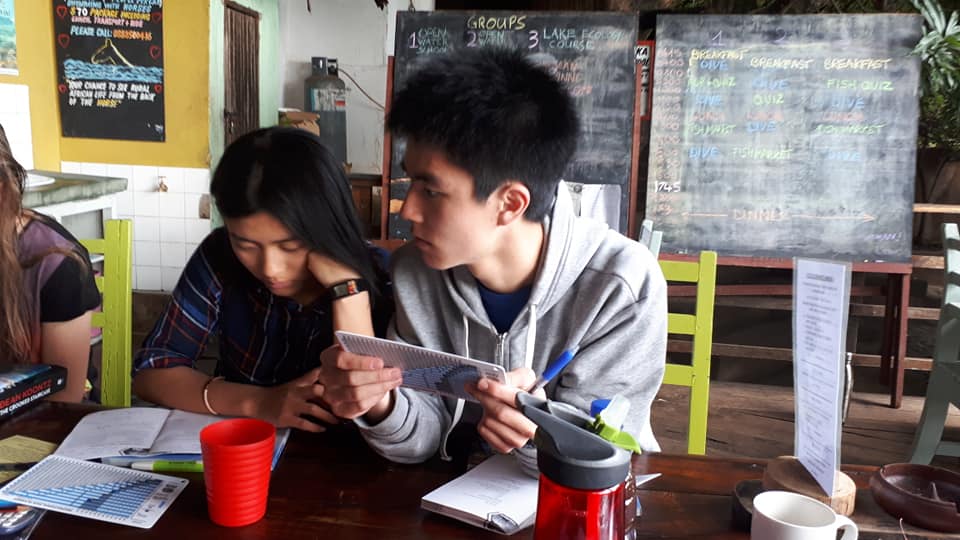This year saw NZIBO explore a unique international research experience in partnership with Operation Wallacea (OPWAL) for our top 5 national Gold Award recipients. This decision was made in the hope that our top scholars would have the opportunity to be rewarded with the opportunity to further their own development, participate in an international scientific collaboration and experience new culturally rich experiences, consistent with IBO. OPWAL delivered in every way! The 2018 team was led by Shawn Cooper (Avondale College) and Penelope Daddy (Nga Tawa School) form the NZIBO Executive and comprises of Yang Fan Yun (Macleans College), Alex Pentchev (ASG), Trulani van der Heyde (Tawa College), Alice Cao (St Paul’s Collegiate School) and Joyce Chan (Macleans College).
We flew directly over the Great Rift Valley to Mbeya where we finally met our OPWAL host, Haitham. The air was surprisingly crisp as we boarded our charter bus which drove us through the highlands of Tanzania to our terrestrial research site based at Kisiba School. The schoolgrounds were perched above an ancient crater lake in the Mbeya Region of Tanzania called Missoko. Virtually unvisited by outsiders, the lush environment of Kisiba provided a world of discovery. The primary goal of the expedition was to characterise the abiotic factors of the lake and explore species of fish living at depth using a remote operated vehicle. As the lake was also used by locals for washing and bathing, the team also examined the macroinvertebrate populations on each side of the lake to get an indication of overall water quality.
With a focus on better understanding the evolutionary processes affecting cichlids, we were delighted to find that we had likely discovered a new species of cichlid in the local lake and used our data about the abiotic factors to hypothesise about an underground source of thermal energy and/or water that was creating a uniquely stable water column from the surface to 38m deep. In addition, our university partners ( underwater robot with video) With any luck, future research teams will verify and characterise our discoveries. An Underwater robot was used to plot the depth of lake and see species at depth.
Staying at the school provided a rich cultural experience. Most mornings we awoke to students who had arrived early to tidy up the school grounds before the 7:30 am start. Students followed an English curriculum in very traditional classrooms with rows of desks, blackboards and no modern technologies. Penny and Shawn took up the opportunity to teach a few lessons to the senior Biology class, first in a chalk and talk style to explain our research goals, then with a portable projector and internet hotspot. With the help of a few videos we explained the evolutionary connections between NZ and Tanzania and how evolutionary processes produced the unique animals like the kiwi and kea before sharing videos of the All Black’s haka, traditional Poi and Royal Family hip hop dancing. In the end, the students asked to see videos of African animals which was very humbling.
Our team also got a break from their research to participate in a cultural afternoon of conversation and sharing. It was amazing how time flew by and how the goals and dreams of the Tanzanian students resonated with our own kiwi kids. The afternoon concluded with a brief introduction to touch rugby involving two rules – 1) pass behind 2) run and then some football and netball. With only moonlight to light their way, the time filled with smiles and laughter was only cut short to ensure that some students who had a long way to walk home could get there before dark. The final morning ceremony featured a beautiful solo of Pokarekare Ana by Joyce and saw the Team present gifts of appreciation (stationary and sports balls) to the school. In response the whole school sang their joyous school song in perfect harmony, bringing tears to our eyes.
Departing Kisiba for our next destination at Nkhata Bay in Malawi. Views from the rift valley ridges to the clear blue waters of Lake Malawi below were spectacular, we arrived in Mayoka Village in Nkhata Bay, home to our aquatic research site.
Trulani, Alex, Yang Fan, Joyce and Shawn started with a full day of scuba diving theory, while Alice and Penny got straight into honing their cichlid identification skills to prepare for transect surveying.
Learning to dive amongst schools of fish was incredible. Snorkelling was even more spectacular allowing us to appreciate the diversity and abundance of cichlids, primarily the product of sympatric speciation processes in the lake. Alice and Penny became our local experts, identifying all of the species studied and annoying the Alonocara masoni species by placing shells in their baos which they removed with haste each time. Evening and afternoon lectures provided information about the rift valley, fish behaviour, fishing sustainability practices and conservation. Visiting the local fish market and playing volleyball and football with local children provided an insight into life for villagers in Nkhata bay.
The conclusion of or trip involved a two-night stay in Liwonde National Park just beyond the southern tip of Lake Malawi. Arriving late afternoon provided just enough time to find a viewing platform and watch the setting sun over the African plains spattered with baobab trees. Staying in tents perched 2m above the ground there was an excitement knowing that the park animals could visit us at any time and the anticipation of the next day’s safari made it difficult to sleep. Driving though the park our land safari featured kudu, baboons, antelope, and herds of wild elephants in the distance. Yet nothing could prepare us for the cheetah that we saw, minutes after taking down a water buck. Despite our hesitations, our driver took us to within 3m of the beautiful cat to get a close-up look. AMAZING!
After lunch, we boarded a boat and headed up the Shire River to see what we could find. Hippos, egrets, crocs and various other birds fed on the fish and reeds along the river. It wasn’t until just before sunset that two juvenile male elephants finally made their appearance along the riverbank. Such a spectacular sight to conclude our day on safari. Despite not seeing lions, hyenas visited our camp on our last night. Thankfully, they took no interest in us and with all our limbs intact and our hearts full, we made our final road trip to Lilongwe where we caught our first of 3 planes to come home to New Zealand.
In summary, serving as OPWAL volunteers on the Great Rift Valley Expedition provided so many rewards for the team. First, participating in real science, our team learned patience as the pace of data collection in field research was not quite on par with the voluminous fact acquisition that NZIBO demands. Real endeavor and tenacity were required by the students as they learned new skills in their PADI Open Water course. Moreover, the trip stimulated genuine curiosity and wonder as we experienced the living world up close and personal, reminding us what biology is all about. Tanzania and Malawi were rich with culture – and although we had limited time with the locals, walking amidst sustenance farms and seeing small scale fishing operations provided insight into diverse ways of life and the personal and global responsibility we have. Some of us even grew to love rice and beans!


